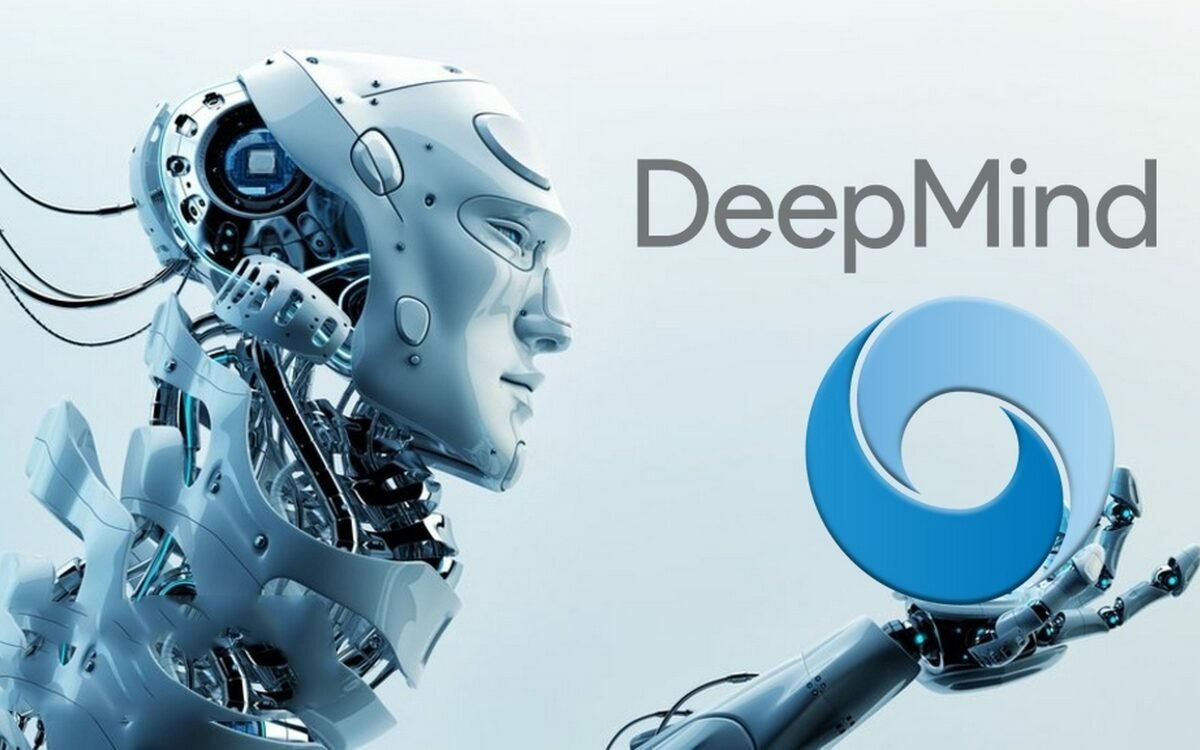Google DeepMind has once again pushed the boundaries of artificial intelligence with its latest AI systems, showcasing remarkable abilities to understand and navigate complex 3D environments and create engaging video games from mere descriptions. This advancement not only highlights DeepMind’s pioneering role in AI research but also opens new possibilities for AI applications in gaming, simulation, and real-world navigation.
Key Highlights:
- DeepMind’s AI can navigate 3D mazes reminiscent of classic video games by “looking” at the environment, mimicking human-like learning and decision-making processes without access to the game’s internal code.
- The AI employs advanced learning techniques, such as reinforcement learning and asynchronous reinforcement learning, enabling it to learn from its environment and improve over time.
- DeepMind has also introduced ‘Genie’, a generative AI model capable of creating playable 2D platformer games like Super Mario Brothers and Contra from simple user prompts or a single image.
Breaking Down the Technology
Learning to Navigate 3D Spaces
DeepMind’s AI navigates 3D spaces by employing a technique known as reinforcement learning, combined with deep neural networks. This method allows the AI to recognize patterns and learn from them, improving its ability to navigate complex environments over time. Unlike traditional game-playing AIs, DeepMind’s system operates by observing the game environment, similar to how a human player would, which represents a significant leap in making AI systems more adaptable and intuitive.
Genie: Breathing Life into Game Creation
‘Genie’ represents a new frontier in generative AI, leveraging hundreds of thousands of hours of gameplay videos to understand and recreate game mechanics. This system can generate playable 2D platformer games based on user prompts, showcasing DeepMind’s commitment to exploring the creative potentials of AI. Genie’s development, in collaboration with the University of British Columbia, marks a significant step towards interactive and generative environments, where AI can create complex, engaging content from simple inputs.
Practical Applications and Future Implications
The ability of AI to navigate and understand 3D spaces has vast implications beyond gaming, including robotics, autonomous vehicle navigation, and complex simulation tasks. Meanwhile, Genie opens up new possibilities for content creation, where creators could use AI to bring their visions to life with unprecedented ease and speed.
A Unique Perspective on AI’s Evolution
DeepMind’s latest developments reflect a significant evolution in AI research, emphasizing systems that can learn, adapt, and create in ways that were previously unimaginable. The ability of AI to navigate complex 3D environments and generate creative content from minimal inputs not only showcases the technical prowess of DeepMind’s team but also hints at the future of AI as a tool for exploration, creativity, and problem-solving in various domains.
As we stand on the cusp of a new era in artificial intelligence, it’s clear that initiatives like DeepMind’s are not just advancing the field technically but also expanding our understanding of what AI can achieve. With each breakthrough, we move closer to a world where AI’s potential can be fully realized, transforming how we interact with technology and opening new avenues for innovation and creativity.



















